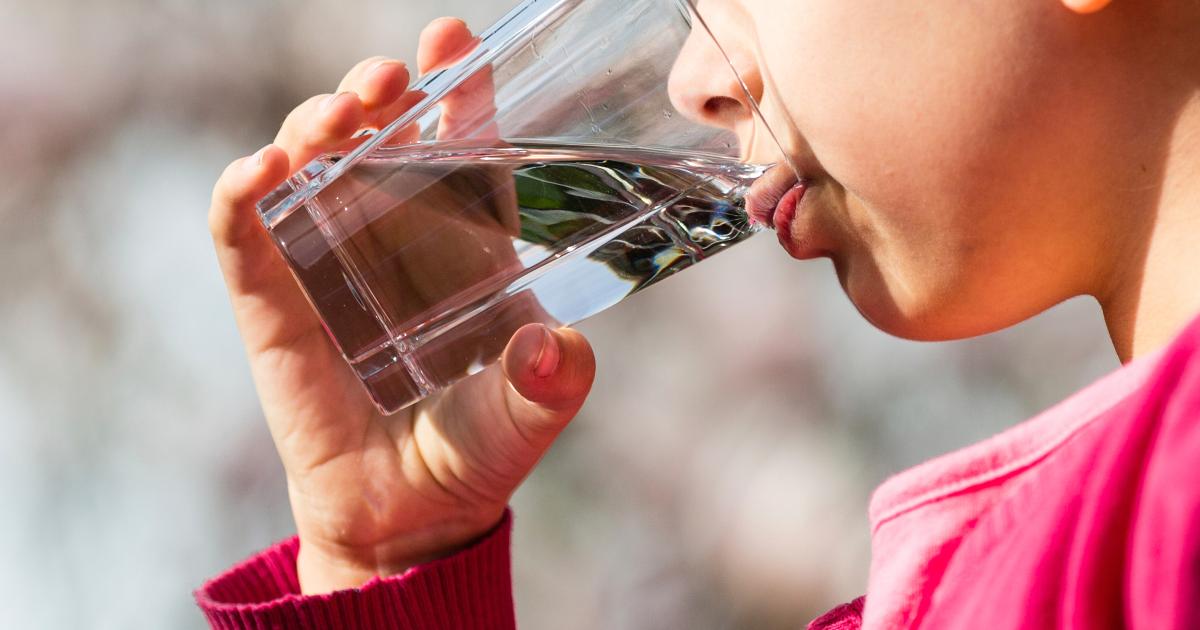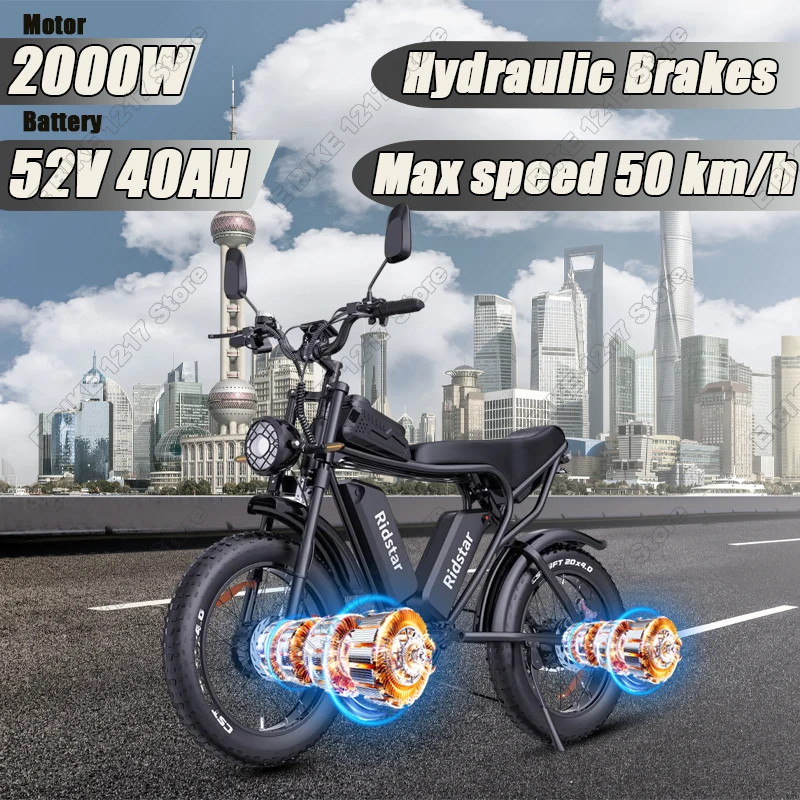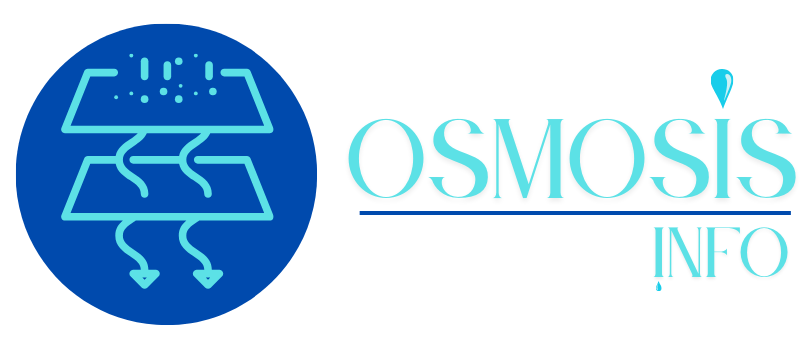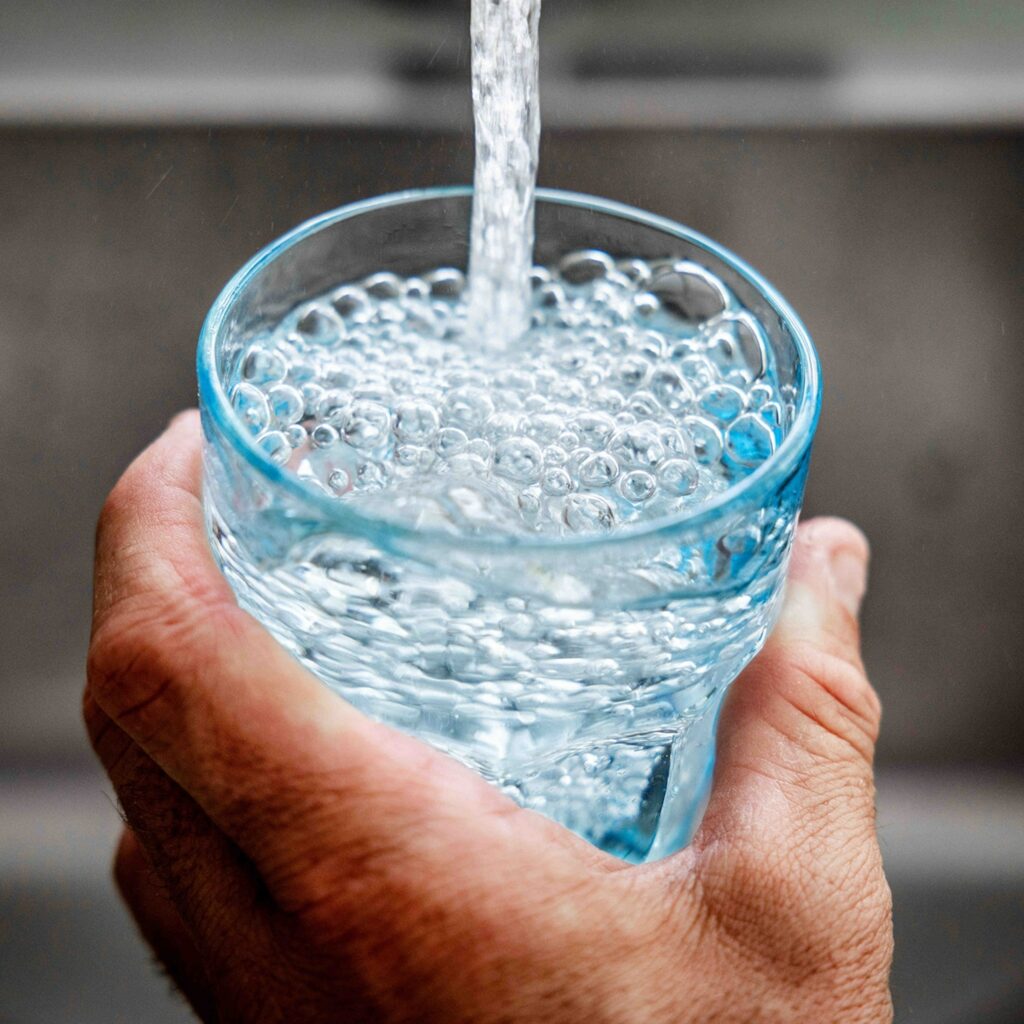Flowing Life: Understanding the Vital Role of Safe Drinking Water
About ninety percent of Americans draw their water from public utilities that continuously monitor dozens of potential contaminants, from lead and arsenic to microorganisms like Giardia and Cryptosporidium. Each year, these utilities must publish a Consumer Confidence Report detailing test results, so families can verify that their water is safe before filling a kettle or rinsing vegetables [2]. Meanwhile, private well owners shoulder the responsibility themselves—regular testing, treatment, and sometimes pricey upgrades keep rural households from unknowingly sipping water that violates health guidelines. Guidelines like those laid out in our guide on home water fluoride testing remind us that testing isn’t just for big utilities—it’s for every homeowner who cares about their family’s health.
Regulatory limits are set based on extensive studies of toxicity, exposure, and removal feasibility. For each contaminant, the EPA publishes a Maximum Contaminant Level Goal—an ideal of zero risk—and then a legally enforceable Maximum Contaminant Level that balances safety and technical achievability [5]. Yet with emerging threats like PFAS “forever chemicals” and industrial solvents, our vigilance can’t wane; grassroots advocates and scientists must keep pushing for stricter standards and cleaner tech [4]. After all, every policy update is another layer of protection for the next generation.
Invisible Invaders: Unmasking Common Contaminants In Your Glass
Sometimes the water we pour looks perfectly clear, yet hidden within are microscopic threats. Microbial culprits such as E. coli and Giardia can infiltrate drinking water from animal waste or a momentary glitch at treatment plants, triggering cramps, diarrhea, or worse in children and immunocompromised individuals [2]. Public water systems test daily for these pathogens, but a single equipment failure or torrential downpour can let them slip through. It’s a stark reminder that our safety net, while strong, is never infallible.
Then there are the silent metal intruders—lead in aging service lines and arsenic leaching from natural rock formations. Decades of exposure can quietly damage neurological development in children or raise cancer risks in adults. The EPA limits arsenic to 10 parts per billion and lead to 15 ppb in public supplies, but private wells operate outside these rules, so well owners must be proactive [1] and rely on regular testing themselves [5]. I remember a neighbor who was stunned when her well-tested revealed arsenic levels double the safe limit; it prompted her to install a point-of-entry treatment system overnight.

Chemical contaminants add another layer of worry. Pesticides from farm runoff, industrial solvents, and PFAS resist breakdown, slipping silently into river systems and municipal supplies. Disinfection byproducts, like trihalomethanes formed when chlorine reacts with organic matter, carry their own health concerns. Thankfully, technologies such as reverse osmosis water filtration and specialized chlorine removal filters serve as final barriers, stripping out many of these hidden hazards and giving us a fighting chance against unseen invaders.
The Taste Test Dilemma: Can You Really Trust Your Senses?
Reliance on taste and smell to gauge water quality is a risky habit—many dangerous chemicals are odorless and tasteless right up to levels far above legal safety thresholds [2]. In one study, certain toxins only became detectable by taste at concentrations dozens of times higher than permissible limits [5]. That means you might gulp down slowly accumulating contaminants without a hint on your tongue.
Consider the Smith family’s private well: Maria Smith never suspected any danger because her water looked perfectly clear and tasted fine. Yet routine testing showed lead levels above the action threshold. The invisible nature of these metals—and many industrial chemicals—means taste tests and home perceptions simply aren’t up to the challenge. I encourage every homeowner to invest in reliable testing, whether via certified labs or home kits, and to explore proven filtration solutions that take guesswork out of the equation.
Relying on a DIY taste test is like trying to forecast a storm by sniffing the air—you might get lucky, but you’re courting disaster. For lasting confidence, consider systems like reverse osmosis that can remove up to 99% of common contaminants, giving you peace of mind that your senses aren’t the last line of defense.
Ancient Solutions, Modern Needs: Timeless Water Purification Practices
Long before high-tech membranes and UV bulbs, communities relied on nature’s own design to clean water. Porous clay vessels strained out sediments and microbes, a principle that lives on in today’s ceramic filtration systems. I picture my grandmother filling a terracotta jar each dawn, watching gravity coax clear water through microscopic pores—an elegant dance of physics and tradition. Modern ceramic filters can remove up to 99% of bacteria and turbidity, merging age-old wisdom with contemporary quality control [2].
Charcoal’s knack for absorbing bad tastes and odors remains unmatched. Today’s activated carbon blocks owe their effectiveness to centuries-old charcoal practices. In medieval Europe, slow sand beds filtered village water by harnessing microbes in biofilms to digest impurities as water passed through fine sand layers. Such grassroots ingenuity complements the strict standards set by the Safe Drinking Water Act, reminding us that sometimes the simplest solutions pave the way for large-scale health gains [1].

Sunlight has long been a free disinfectant: solar disinfection, or SODIS, uses ultraviolet rays to neutralize pathogens in clear bottles left atop tin roofs for hours—a method adopted by aid organizations worldwide. Meanwhile, copper and silver vessels prized in Ayurvedic traditions inspired modern ionization chambers that release metal ions lethal to bacteria. These time-tested practices remind us that bridging tradition and innovation often yields the most resilient solutions.
From Filtration To UV: High-Tech Heroes Cleaning Your Water
Imagine watching water press against a semi-permeable membrane, with contaminants held back like a dam and only pure H2O flowing through. Reverse osmosis, once the realm of desalination plants, is now available for home installation. Microfiltration and ultrafiltration push water through pores so fine they block sediments, bacteria, and even viruses while preserving beneficial minerals. Under the Safe Drinking Water Act, public suppliers steadily adopt these best-available technologies to meet stringent safety thresholds [1].
Activated-carbon filters act like molecular sponges, adsorbing chlorine, volatile organic compounds, and pesticides that can taint taste and pose health risks. Studies show carbon media can remove up to 99% of these chemicals, delivering water that tastes and smells as fresh as mountain spring runoff [3]. No wonder families rave about that first sip of coffee brewed with filtered water. For deeper dives into carbon options, our guide on chlorine removal filters breaks down features and price points for every budget.
Ultraviolet disinfection is the silent guardian in many treatment plants, blasting water with bursts of UV light that deactivate 99.99% of microbes without adding chemicals. Public health experts champion UV’s ability to tackle pathogens like Cryptosporidium and Giardia—often missed by chemical disinfectants—ensuring each drop meets rigorous safety criteria [4]. Combining UV, activated carbon, and membrane filtration builds a fortress of protection around every glass.
| Technology | Removes | Typical Cost | Maintenance |
|---|---|---|---|
| Reverse Osmosis | 90–99% of metals, salts, PFAS | $150–$600 | Membrane change yearly |
| Activated Carbon | Chlorine, VOCs, bad tastes | $30–$200 | Filter change 6–12 months |
| UV Disinfection | Bacteria, viruses, protozoa | $200–$800 | UV lamp yearly |
Grassroots Guardians: How Communities Worldwide Are Securing Safe Water
In dusty villages and bustling urban neighborhoods alike, everyday citizens are becoming water watchdogs. In rural Kenya, women’s committees patrol boreholes, logging turbidity and pH readings weekly—a simple practice credited with cutting waterborne illnesses by 40% within two years [2]. Volunteers say, “Each test we run is another layer of health for our children,” proving that utility-grade monitoring can flourish at grassroots levels.

In Bangladesh’s arsenic-hit regions, schoolchildren wield color-coded kits beneath mango trees to identify red-alert wells, then guide families toward sand filters installed by youth collectives. “When the red turned to green, I felt hope for the first time,” recalls Amina, age sixteen. Their efforts have inspired similar projects from solar pumps in Nepal to rainwater harvesting in the Philippines.
I once visited a mountain hamlet in Mexico where elders crafted ceramic candle filters and governed by village councils. This low-cost tech, shared at a single community meeting, now supplies dozens of towns. From solar disinfection units in rural India to local water boards in Appalachian towns, these grassroots guardians show that when people own the problem, they often build the solution.
Homefront Defenders: Easy, Budget-Friendly Water Safety Hacks
Not everyone can install multi-thousand-dollar treatment plants, but small steps at home can yield big peace of mind. Nearly ten percent of American households rely on private wells outside federal regulation—test strips costing under twenty dollars can reveal lead, nitrates, and chlorine within minutes, backed by EPA guidelines on groundwater safety [2]. One mom described finding elevated nitrates right before school started and, within hours, switching to filtered water for her children.
Boiling water for one minute kills most pathogens—perfect after heavy storms or if you notice cloudiness. Pitcher filters with activated carbon trap chlorine and organic chemicals without any plumbing; our guide on carbon water filters for home use outlines top picks under thirty dollars. For a bigger upgrade, under-sink reverse osmosis kits start around $120 and remove up to 99% of contaminants, often installable in under an hour and requiring minimal tools.
When I installed a compact countertop RO system in my kitchen nook, I realized that within days, the taste of my morning tea felt smoother, more vibrant. It wasn’t just a filter—it was a small daily ritual reminding me that health can be as simple as turning a tap.
Blueprints for Change: Policies and Innovations Driving Water Safety Forward
Since the 1974 Safe Drinking Water Act empowered the EPA to set national standards, our understanding of contaminants and treatment has leapt forward. Public systems now track dozens of chemicals, publish transparent annual reports, and abide by enforceable limits, while states and tribes may adopt even stricter regulations to safeguard local resources [1] and [2]. Still, emerging threats like PFAS demand new enforceable limits rather than voluntary guidelines, a push championed by public health advocates [4].
Scientists and engineers race to miniaturize sensors for real-time contaminant monitoring, deploy UV-robot units that scrub distribution lines, and bring salt-free scale control methods into homes via advanced water purification systems. Each policy update, grant program, and technical breakthrough lays another brick in the foundation of water security—transforming rules on paper into safer taps in neighborhoods worldwide.
Every Drop Counts: Cultivating Daily Habits for a Water-Secure Future
Our collective choices—big and small—shape water’s journey from source to sip. Simple habits like turning off the faucet while brushing, capping showers at five minutes, or capturing rinse water for gardens can save hundreds of gallons monthly. Installing an efficient reverse osmosis water filtration system at home not only ensures cleaner drinking water, but also slashes reliance on single-use plastic bottles, easing the burden on waste streams.
When I let a leaky faucet drip into a pitcher for seedlings, it’s a small reminder that every drop matters. Imagine neighborhoods hosting rain-barrel workshops or schools challenging students to a “zero-waste water” week. A community that fixes leaks together, shares water-saving hacks, and installs whole-house filtration isn’t just conserving H2O—it’s building resilience for generations to come.
Key Takeaways & Final Words
Safe drinking water is more than chemistry—it’s the heartbeat of healthy societies. Treated and tested to strip away germs and chemicals, it flows from taps nationwide under the umbrella of the Safe Drinking Water Act, reaching over 90% of Americans via public systems and reminding the rest to test their private sources [3]. From ancient clay filters to advanced membranes and UV guardians, our toolkit for purifying water blends centuries of wisdom with cutting-edge innovation. Yet technology alone isn’t enough—policy updates, community vigilance, and daily water-smart habits fill in the gaps.
Each of us holds a drop of responsibility: read your local water report, test vulnerable sources, and consider proven filtration options that fit your lifestyle and budget. Whether you’re installing a point-of-use RO system, swapping to carbon pitchers, or joining a neighborhood water-watch program, every measure matters. Here’s to cultivating a future where every glass reflects not just clarity, but collective care for our most precious resource.
Citations
“`html
Complete Top Picks Comparison – 20 Products
| Product | Source | Price | Rating | Image | Buy |
|---|---|---|---|---|---|
| Bluonics Fresh Aire Water Based Air Revitalizer… BLUONICS | Amazon | $44.99 | ★★★★☆ |  | View on Amazon |
| Brita UltraMax Large Water Dispenser With Standard Filter… BRITA | Amazon | $37.97 | ★★★★★ |  | View on Amazon |
| Waterdrop Water Filter Pitcher with 1 Filter, 5X Times… Waterdrop | Amazon | $16.99 | ★★★★★ |  | View on Amazon |
| Water-Based Purifier Air Washer, Air Revitalizer & Freshener… ap airpleasure | Amazon | $43.19 | ★★★★☆ |  | View on Amazon |
| Water Air Purifier for Home, Air Washer Aroma Diffuser… HimAoto | Amazon | $34.99 | ★★★★☆ |  | View on Amazon |
| Air Purifiers for Home Large Room up to 2200sq.ft… MOOKA | Amazon | $69.95 | ★★★★★ |  | View on Amazon |
| PUR PLUS Vertical Faucet Mount Water Filtration System… PUR | Amazon | $22.33 | ★★★★☆ |  | View on Amazon |
| Brita Metro Water Filter Pitcher with SmartLight Filter… BRITA | Amazon | $25.99 | ★★★★★ |  | View on Amazon |
| Sirena Twister Air Purifier (Black) – Water Filter Air… Sirena | Amazon | $49.98 | ★★★★☆ |  | View on Amazon |
| Brita Large Water Filter Pitcher for Tap and Drinking… BRITA | Amazon | $29.69 | ★★★★★ |  | View on Amazon |
| NEW EBIKE Dual motor 1000wx2 52V three battery… Cycling | AliExpress | $1984.09 | ★★★★★ |  | View on AliExpress |
| Electric Bike for Adults 3000W 1500W 32MPH 48V… Cycling | AliExpress | $991.48 | ★★★★★ |  | View on AliExpress |
| B8 Electric Bike: 52V 1500W Motor, 32MPH Top… Cycling | AliExpress | $796.54 | ★★★☆☆ |  | View on AliExpress |
| Fat Tire Electric Bike 3000W Ebike 52V 30AH… Motorcycle & ATV | AliExpress | $1358.50 | N/A |  | View on AliExpress |
| Electric Bicycle Ridstar Q20 2000W Dual Motor… Cycling | AliExpress | $1041.25 | N/A |  | View on AliExpress |
| Electric Off-Road Bike Luckeep M5 Max 20×4″ 2000W,37.5Mph,80Mile… Cycling | AliExpress | $1334.40 | N/A |  | View on AliExpress |
| 2024 Romeo Pro 2 Ebike 3000W Dual Motor… Cycling | AliExpress | $2667.23 | ★★★★★ |  | View on AliExpress |
| Electric Bike for Adults,1000W/2000W/3000W Motor,Removable Battery… Motorcycle & ATV | AliExpress | $1398.50 | N/A |  | View on AliExpress |
| AMYET V9-G60 Adults Electric Bike 1000W Motor… Cycling | AliExpress | $680.37 | ★★★★★ |  | View on AliExpress |
| 2025 New Fafrees F20 Ultra Electric Bike Herren… Cycling | AliExpress | $1061.91 | ★★★★★ |  | View on AliExpress |
“`

